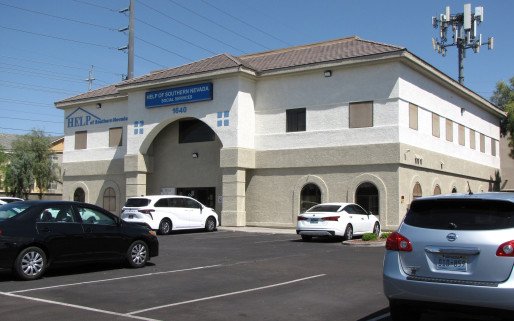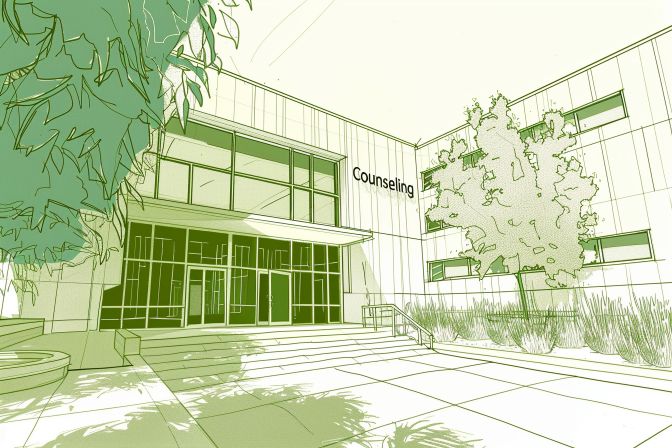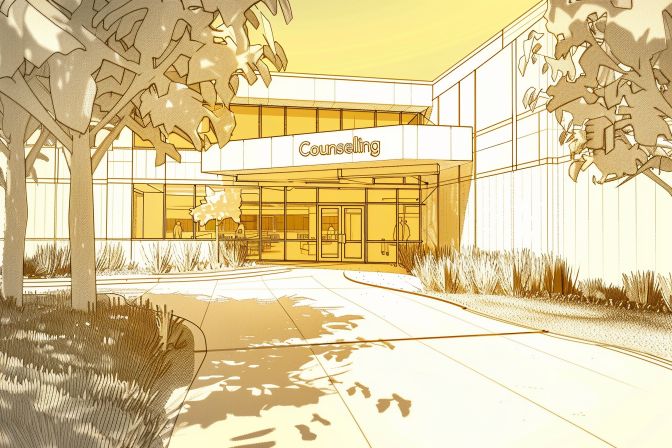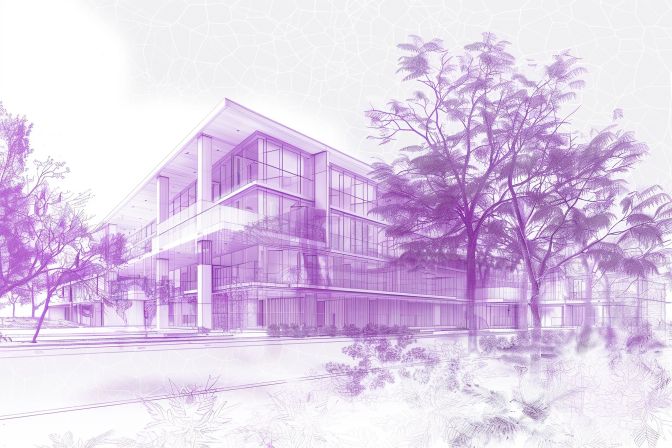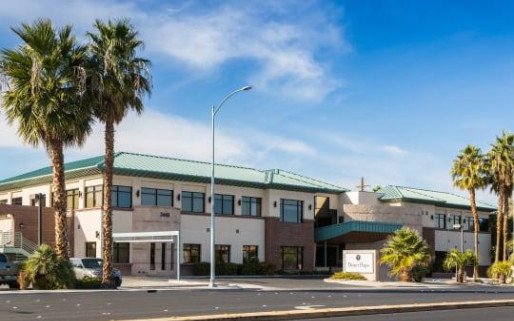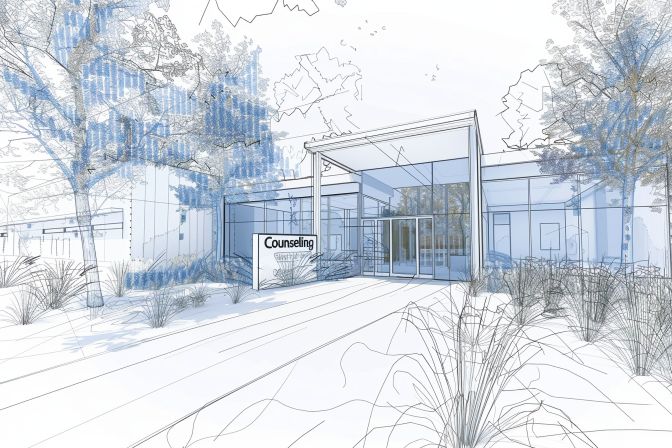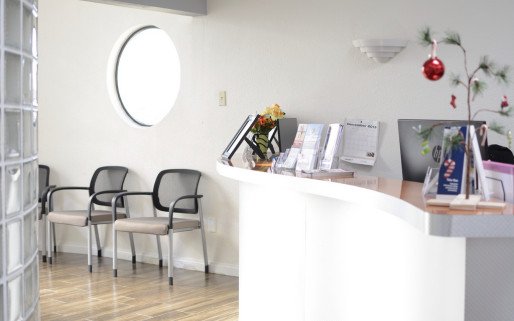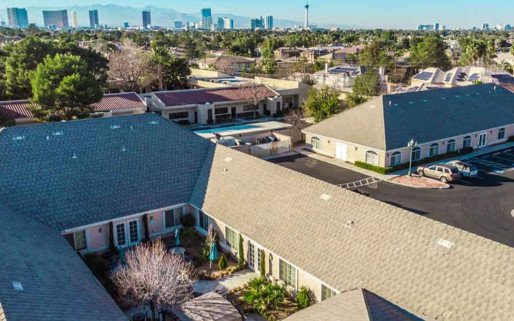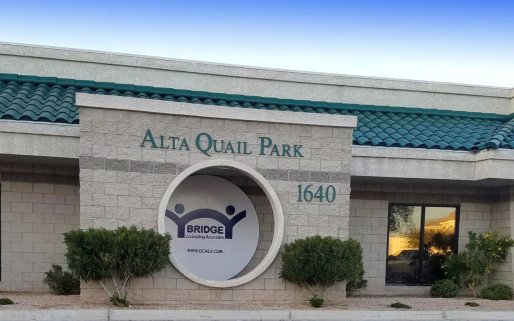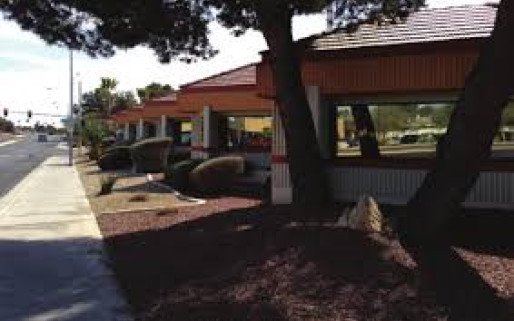HELP of Southern Nevada
1640 East Flamingo Road, Las Vegas, Clark, NV 89119
Insurance accepted
Cash Pay Rate
HELP of Southern Nevada is a private non-profit organization offering outpatient treatment in Las Vegas, NV that caters to adolescents seeking help for substance use disorders. This center offers programs for substance use treatment including anger management, cognitive behavioral therapy, motivational interviewing, matrix model and relapse prevention.
MAT
Co-occurring disorder treatment
1 accreditation
3.92/5
About HELP of Southern Nevada
They accept Medicaid and cash or self-payment as forms of payment for services offered and caters to both female and male patients.
This facility also uses counseling as part of its substance use disorder treatment, both helping to understand the cause of addiction and creating tools to aid with recovery. HELP of Southern Nevada uses individual counseling, group counseling, family counseling and couples counseling during treatment.
HELP of Southern Nevada offers recovery support services dedicated to helping patients get back on their feet and continue their recovery. These support services include housing services and employment counseling or training as well as transitional services including discharge planning.
This rehab center does not currently hold recognized certification from a regulatory body but is listed on SAMHSA’s facility database.
HELP of Southern Nevada (Las Vegas, Nevada) is rated 3.92 on Recovered’s Trustscore which is based on user reviews and accreditations.
Overview of Services
Age Groups Accepted
Children/adolescents
Special Programs/Groups Offered
Young adults, Adult women, Adult men, Clients with co-occurring mental and substance use disorders, Clients who have experienced trauma
Specialization
Substance use treatment, Treatment for co-occurring substance use plus either serious mental health illness in adults/serious emotional disturbance in children
Message us
Website
Claim your profile to manage this page and enable the messaging form.
Company Information
702-498-3377
1640 East Flamingo Road, Las Vegas, Clark, NV 89119
Occupancy: Call to confirm availability
Company profile
Rating
Recovered TrustScore: 3.92/5
The Recovered Trustscore for HELP of Southern Nevada is based on the total amount of key accreditations (1) & publicly available review data online for this rehab center. A Bayesian average is applied to all rehabs to ensure fair visibility. Read here for more info
Treatment Services
Age Range
Specializations & Groups
Services
Setting
Assessment & Testing
Transitional Services & Aftercare
Medication Assisted Treatment Policy
Therapies and Interventions
At This Facility
Counseling/Education Services
Smoking/vaping policy
Special Services
Insurance Policy & Other Considerations
FAQs
Common Questions About HELP of Southern Nevada
Where are they located?
What types of treatment do they offer?
Do they treat opioid use disorders?
Do they offer recovery support services?
Do they have detox programs?
What counseling or therapy do they offer?
Get confidential help and information via our helpline
Recovered invites user reviews from former attendees, as well as their own loved ones and staff members, for all facilities listed on our site that they have had personal experience with.
We audit user reviews regularly and any instance of spamming or manipulation will result in content being removed. Only one review is permitted per user. Any reviews considered to be abusive, offensive, or fraudulent will be removed.
Treatment Centers Nearby
Calls to numbers marked with (I) symbols will be answered or returned by one of the treatment providers listed in our Terms and Conditions, each of which is a paid advertiser.
In calling the helpline you agree to our Terms and Conditions. We do not receive any fee or commission dependent upon which treatment or provider a caller chooses.
There is no obligation to enter treatment.
Access State-Specific Provider Directories for detailed information on locating licensed service providers and recovery residences in your area.
For any specific questions please email us at info@recovered.org
Insurance Accepted
This center accepts most forms of health insurance. Contact them to find out more or use our insurance verification to check your coverage.
Insurance Accepted
This center may not accept all forms of insurance. contact them to find out more.
We are awaiting cost confirmation from the center owner.
Medication designed to help with withdrawal symptoms and cravings may be offered as part of an addiction treatment program.
Co-occurring disorder treatment.
The Recovered Trustscore for HELP of Southern Nevada is based on the total amount of key accreditations (1) & publicly available review data online for this rehab center. A Bayesian average is applied to all rehabs to ensure fair visibility. Read here for more info
Accreditation(s) indicate the organization's national, state, or industry recognition for the treatment of substance use disorders and or mental health conditions.


